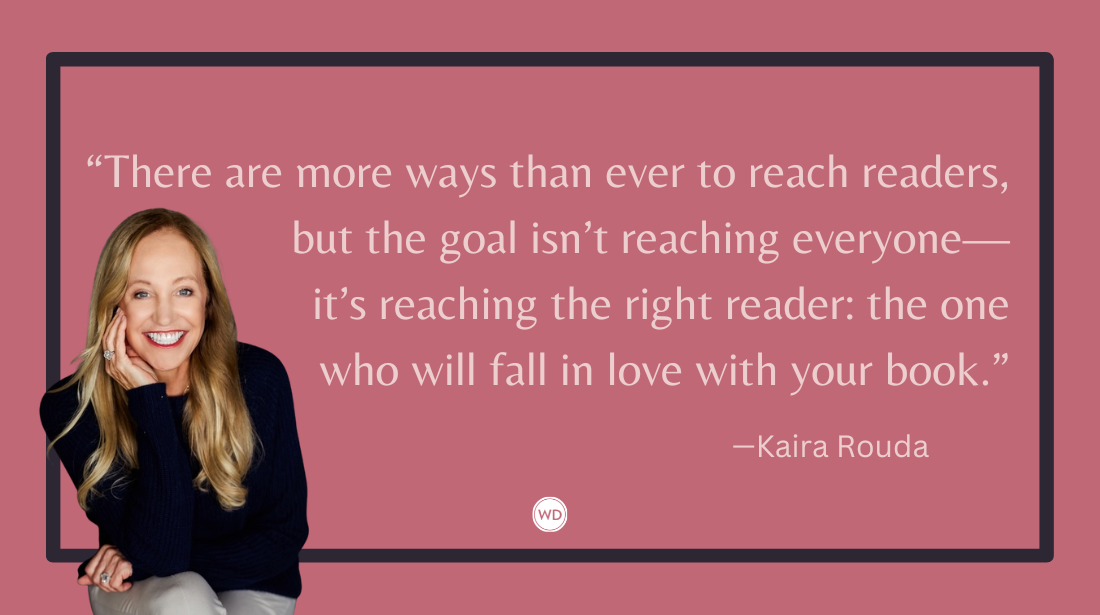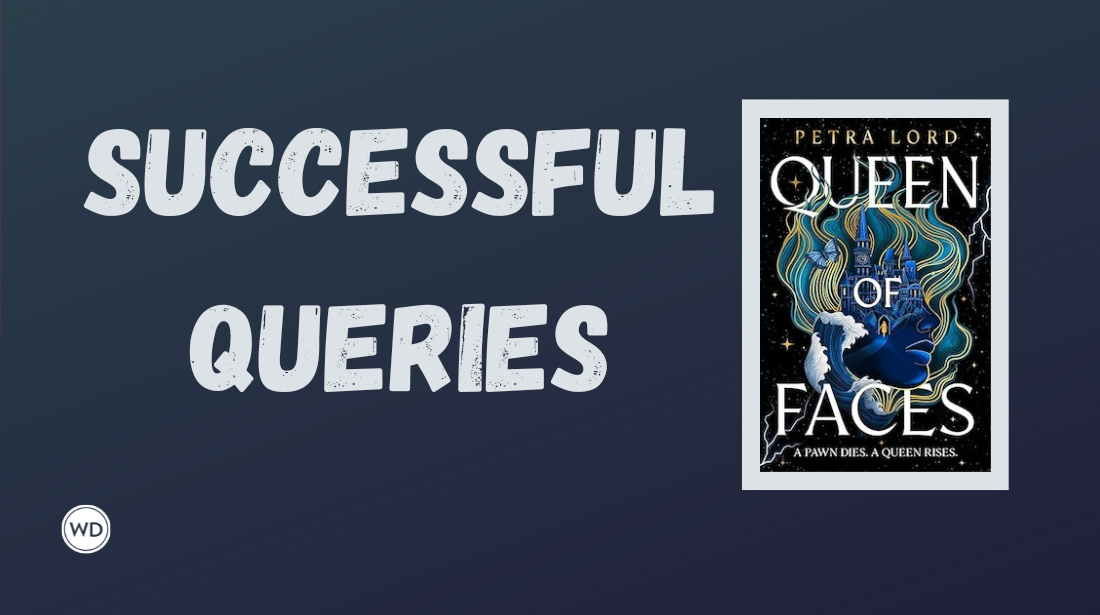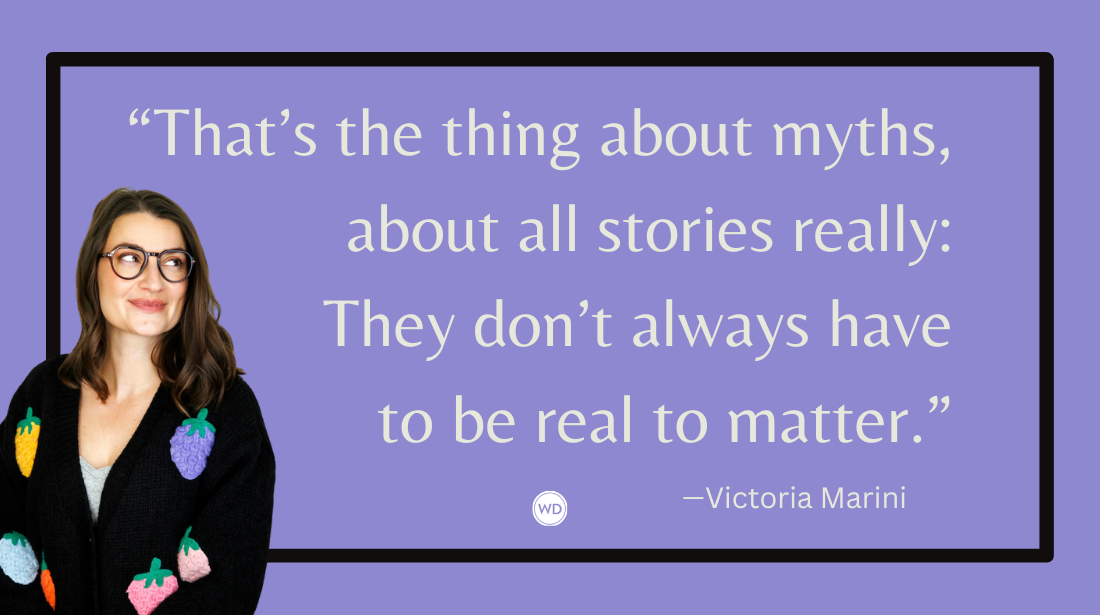Publishing Is the New Literacy: 3 Things Writers Must Know
Since the release of Clay Shirky’s newest book, Cognitive Surplus, a flurry of interviews with him have appeared. It’s become cliche to say that we’re now experiencing the biggest change…
Since the release of Clay Shirky's newest book, Cognitive Surplus, a flurry of interviews with him have appeared.
It's become cliche to say that we're now experiencing the biggest change for reading & writing since Gutenberg, but it's the truth. And it's why you see such visceral debate on the topics of self-publishing/e-publishing, e-books, and whether we (and our children) losing our ability to read, write, and focus—or even be creative!
The best sound bite from Shirky right now: "Publishing is the new literacy." Whereas the technology of the printing press and movable type allowed reading and writing to flourish, today's technology transforms the profession of publishing into the new literacy. As Shirky says in Here Comes Everybody:
In a world where publishing is effortless, the decision to publish something isn’t terribly momentous. Just as movable type raised the value of being able to read and write even as it destroyed the scribal tradition, globally free publishing is making public speech and action more valuable, even as its absolute abundance diminishes the specialness of professional publishing. For a generation that is growing up without the scarcity that made publishing such a serious-minded pursuit, the written word has no special value in and of itself.
I've been spending a lot of time with Shirky's books lately, and so far I think these 3 ideas are key for writers to understand.
1. Yes, there is more bad writing than ever. There's a lot of crap circulating. It's true.
But stop right there. Don't put a value judgment on it. This is simply the world we now live in. You can't change it; no one can stop the new systems allowing this. Shirky once referenced Bill Burroughs: "If a thing is worth doing, it's worth doing badly." I agree.
2. While you can readily find success stories of self-published authors, it's still hard to gain visibility, or be above average. Publishing may be easier and open to everyone, but it's not necessarily easier to compete or get the attention of influential people, or even everyday readers. It still takes effort, creativity, and persistence. You have to operate at a sophisticated level.
3. There is a supply/demand imbalance. There are far more ways to entertain and inform ourselves—and produce more of our own stuff—than ever before. (Think of this scene from Raiders of the Lost Ark—this is what publishing warehouses look like.)
This surplus affects what you can charge for information/content, and it also means that every writer should consider what they do or specialize in that holds the highest scarcity, personalization, or value in the market. (Think about Cory Doctorow's experiment.)
And bonus #4: It is a time to experiment, and a time to fail.
Read some of the best & recent articles so far on Shirky's ideas:
- Clay Shirky on Authorship, Wiki Novels, and the Future of Publishing in Publishing Perspectives
- Interview with the Barnes & Noble Review
- "Paywall Will Underperform" - article in the Guardian
- "Nice and Nasty Does It" - article in the Sydney Morning Herald
- Wired interview with Shirky and Daniel Pink, on the great spare-time revolution
- Also: Clay Shirky's blog
Jane Friedman is a full-time entrepreneur (since 2014) and has 20 years of experience in the publishing industry. She is the co-founder of The Hot Sheet, the essential publishing industry newsletter for authors, and is the former publisher of Writer’s Digest. In addition to being a columnist with Publishers Weekly and a professor with The Great Courses, Jane maintains an award-winning blog for writers at JaneFriedman.com. Jane’s newest book is The Business of Being a Writer (University of Chicago Press, 2018).









